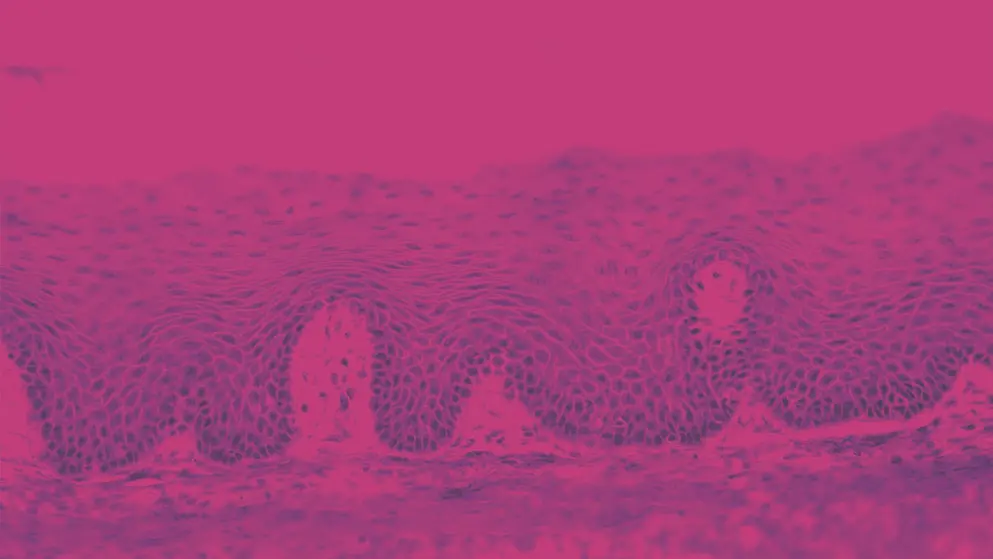
Update on ongoing Dupixent chronic spontaneous urticaria phase III program.
Regeneron Pharmaceuticals, Inc., and Sanofi announced a Phase III trial (CUPID STUDY B) evaluating Dupixent (dupilumab) in patients with chronic spontaneous urticaria (CSU) will stop due to futility, based on a pre-specified interim analysis.
The trial, which assessed Dupixent added to antihistamines in patient's refractory to omalizumab at 24 weeks, showed positive numerical trends in reducing itch and hives (the primary endpoints) but did not meet statistical significance during an interim analysis conducted by an independent review committee. The safety data were generally consistent with the known safety profile of Dupixent in its approved indications.
The LIBERTY-CUPID pivotal program was initiated in 2020 with an accelerated direct-to-Phase III strategy. The previously reported Phase III trial, which evaluated a different group of patients who were biologic-naïve (i.e., not previously treated with omalizumab), met its primary and all key secondary endpoints at 24 weeks, showing that adding Dupixent to standard-of-care antihistamines significantly reduced itch and hives compared to antihistamines alone. The companies remain committed to advancing Dupixent for patients with CSU uncontrolled on antihistamines and are evaluating next steps.
"Chronic spontaneous urticaria is a very complex disease, and these data add to the body of evidence assessing the underlying drivers of disease burden, including the potential role of interleukin-4 and interleukin-13," said George D. Yancopoulos, M.D., Ph.D., President and Chief Scientific Officer at Regeneron. "While Dupixent did not show a significant benefit in the most difficult-to-treat patients who remain refractory to all approved medicines, we are carefully assessing the potential role of Dupixent in CSU based on the success of the first Phase III trial in biologic-naïve patients, where Dupixent nearly doubled the reduction in itch and urticaria activity."
Detailed results from the first trial will be presented at the AAAAI Annual Meeting later this month, and the companies expect to share results from the second trial in a scientific forum.
Regeneron and Sanofi are rapidly advancing a broad clinical development program to evaluate Dupixent in diseases with significant unmet need and where type 2 inflammation may play a role. The companies also recently announced positive Phase III results in eosinophilic esophagitis (EoE) and prurigo nodularis (PN), and additional results are also expected later this year in pediatric EoE, chronic inducible urticaria-cold (CindU), and hand and foot atopic dermatitis.
The potential use of Dupixent in CSU, EoE, PN, CindU, and hand and foot atopic dermatitis are currently under clinical development, and the safety and efficacy have not been fully evaluated by any regulatory authority.

